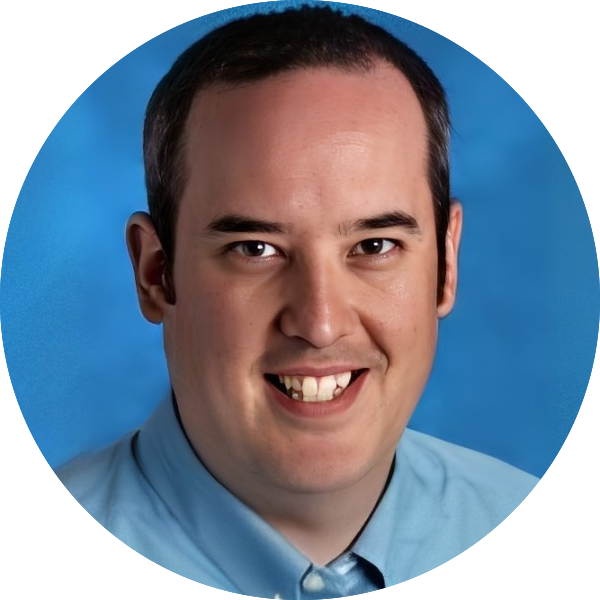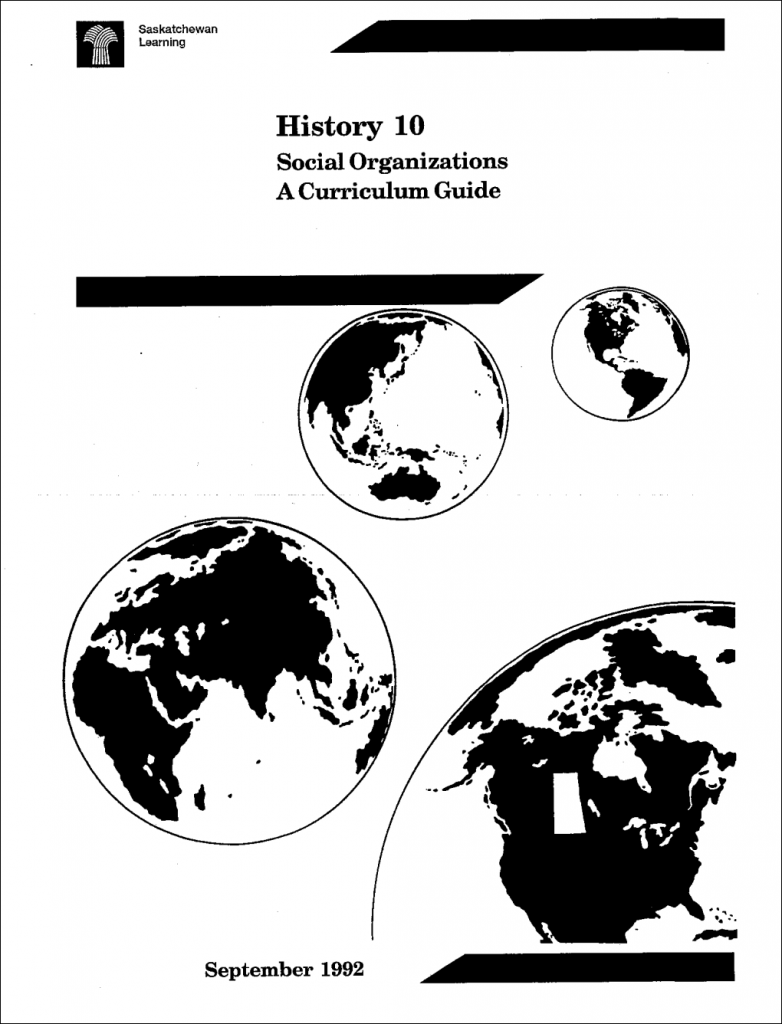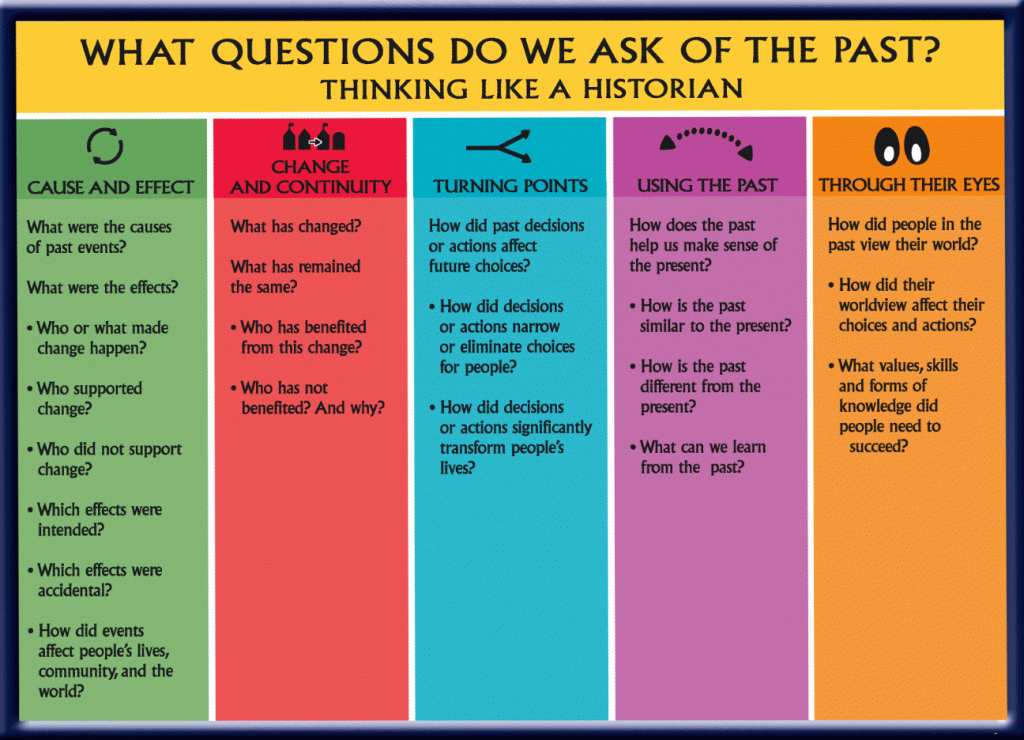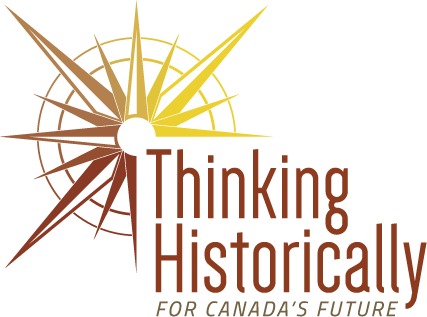Joel Beres,
Secondary History Teacher
Joel Beres teaches history for grades 9-12 and has been teaching for 15 years. He teaches at Luther College High School, an independent school in Regina, Saskatchewan: Treaty 4 Territory and the Homeland of the Métis Nation. Not only is Joel a teacher at Luther College High School, but he is also a former Luther College High School student. Joel’s school is a socially and economically diverse independent school, which originally prepared students for entry into Lutheran Ministry. Although Luther College High School’s mission has changed over the past century, it still operates within a Christian context. The school prides itself on academic excellence in addition to its religious foundations.

Luther College High School
Regina, Saskatchewan

Curriculum & Resources
With a curriculum that hasn’t changed in decades, history teachers in Saskatchewan take extra care to engage an increasingly diverse student population.
The social studies curriculum in Saskatchewan was last updated in the 1990s and, for Joel, that is a shortcoming. “I’m still teaching a curriculum from when I was in high school,” he shared. “So, I have to figure out ways to show I’m teaching the required curriculum while also demonstrating there are problems with it.”
According to Joel, one of the most significant issue with the outdated curriculum is that it does not reflect the considerable social and demographic shifts that have occurred in Canada broadly and Saskatchewan in particular over the last 30 years. Joel sees one of his biggest challenges as making sure his students see themselves and their experiences as part of the country’s history. “I’m trying to be more proactive. As I see the changing demographics, I ask myself, ‘where can I incorporate these stories?’”
Joel noted working within the “primarily white, European history curriculum” means he needs to make extra efforts “to find more ways to engage other histories as part of it.” Joel explained that this is particularly important in Luther College High School, as the school has recently experienced an influx of newcomers from Africa, South Asia, and East Asia.
To help bridge the gap between an outdated curriculum and these changing demographics, Joel tries to focus on bigger questions about the importance of studying history. “I spend a lot of time talking about why we study history at the beginning of each semester,” Joel shared, “and part of it is understanding the world we currently live in. Although some of the history we teach is problematic or difficult, it also informs us about our present. That’s important to consider.”

Historical Thinking
Historical thinking is essential to Joel’s teaching practice and to how he sees himself as a history teacher.
While he sees the value in differentiated approaches to teaching and learning in the history classroom, Joel also recognizes the importance of his role as a specialist in his subject area. “There are times when I feel I have to rely on me being that expert, standing up in front of the room and engaging students with history,” Joel shared. He feels that by identifying as a historian he can model the type of thinking necessary to inquire into historical issues and concepts. “Others may disagree,” Joel explained, “but I’m one of those people that believes you need to understand the historical content if you want to be able to discuss the significance of it.”
A self-professed “history nerd” and “natural historian,” Joel sees engaging with historical accounts together with historical thinking concepts as a method for answering the big “so what” questions in history. “My students aren’t students of history and I’m not a teacher of history,” Joel stated. “We are all historians or budding historians.”
To emphasize this positioning, Joel begins each semester with a video of Canadian historian Margaret MacMillan discussing the role of professional historians. He uses this video to engage his students in discussions about how professional historians explain the importance of studying history. “The whole video is about historical thinking,” Joel explained. “It asks, ‘what is it like to think as a historian’?”
Joel hopes future history teachers embrace their identities as both historians and teachers. As he shared, teachers in Saskatchewan need to have the background and historical thinking skills to “be able to lean on and push back against outdated curricula.”
Co-created by Joel Beres and Kevin Lopuck
